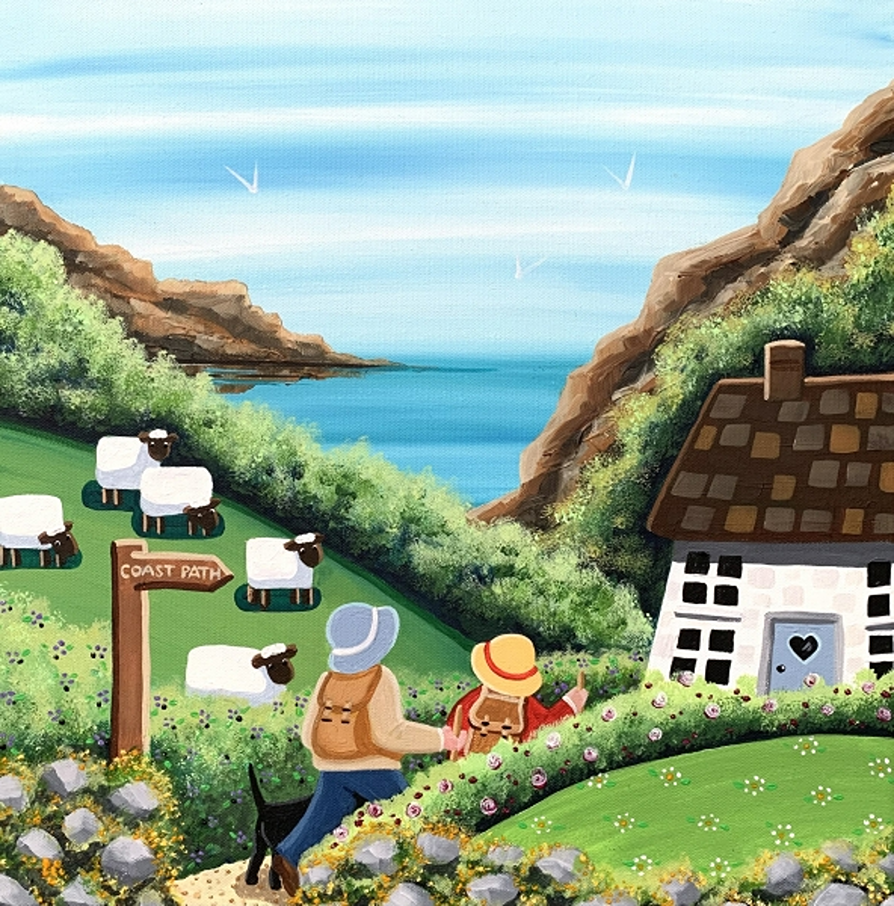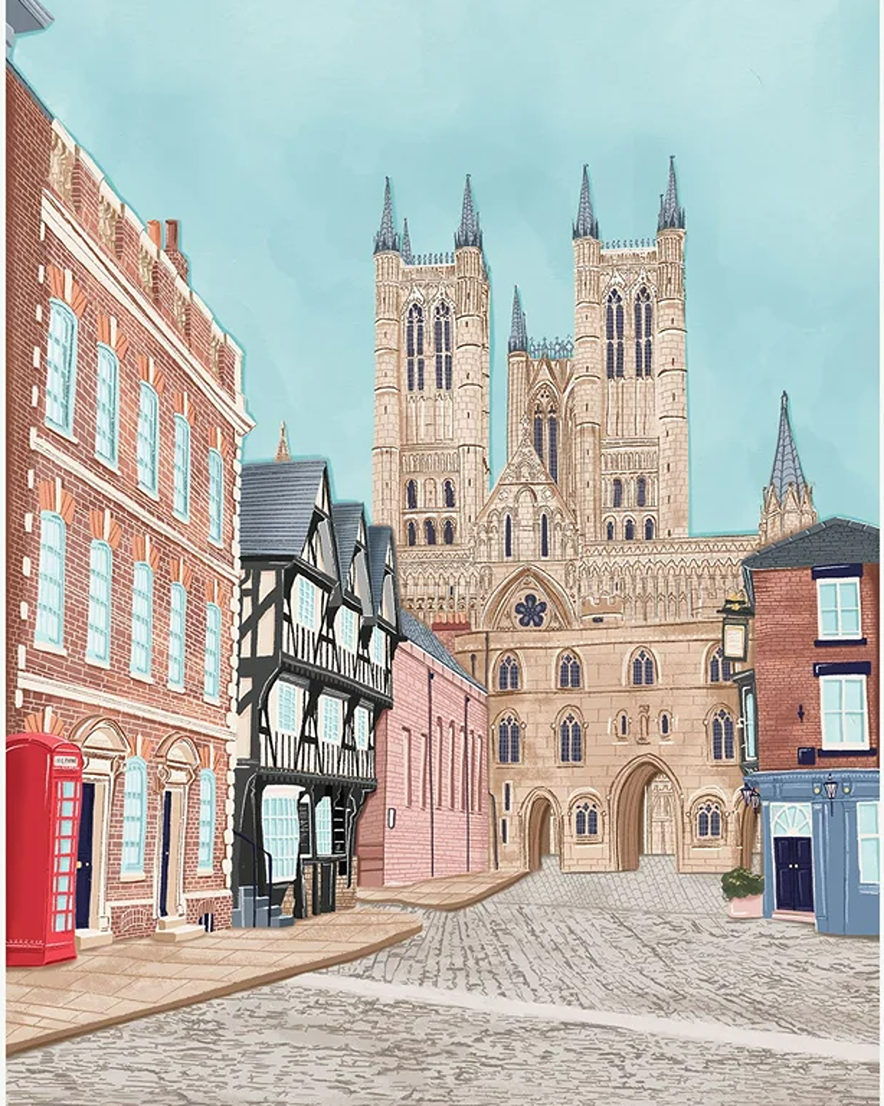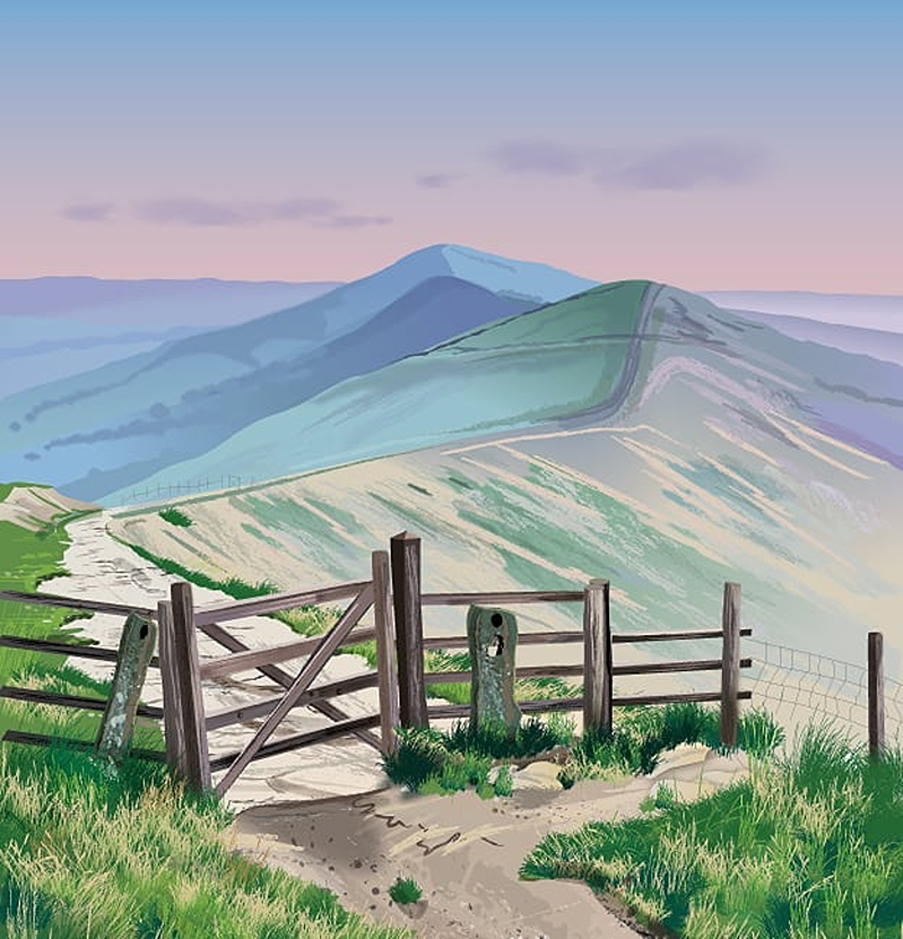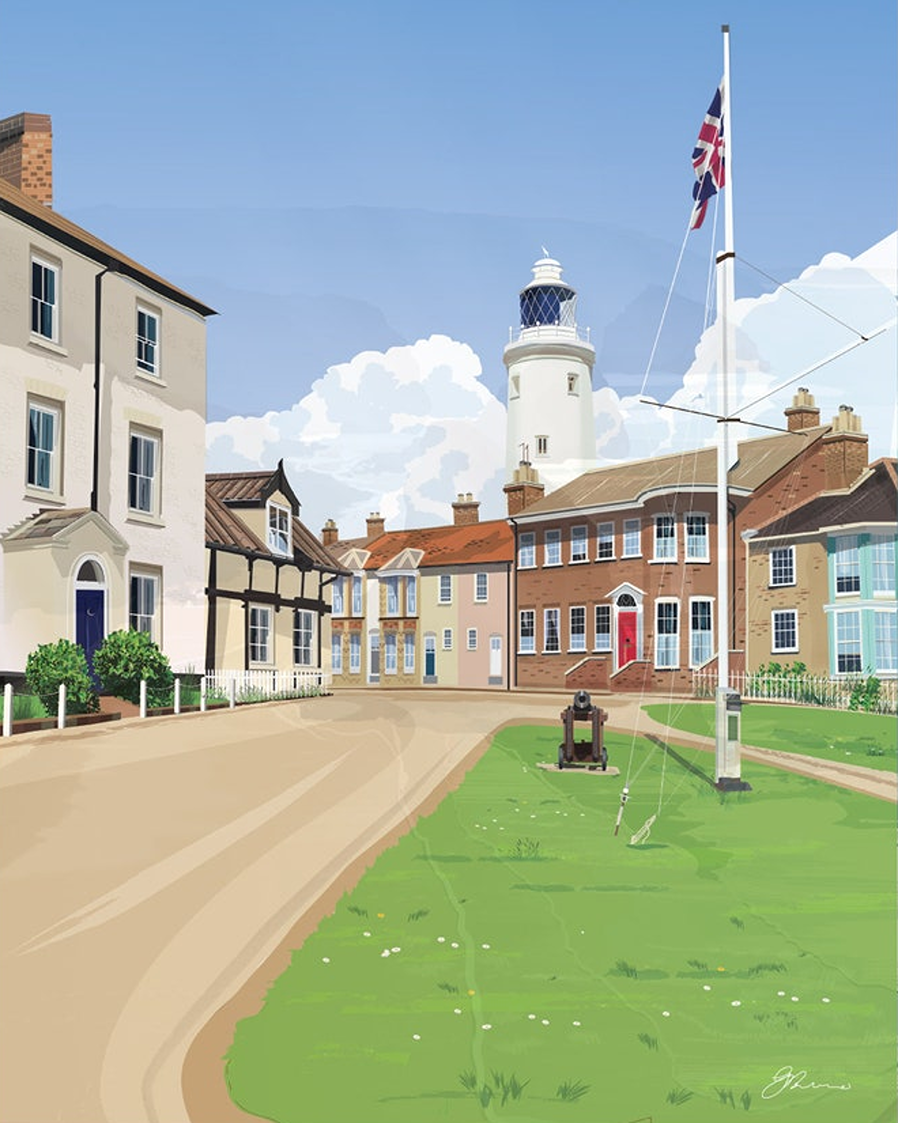The Wild Beauty of Lincolnshire’s Beaches

Lincolnshire has many wide sandy beaches and dramatic skies. Perfect for quiet and gentle strolls, these are the nearest seaside towns for people living in Derbyshire and Leicestershire (counties furthest from the sea).
Gibraltar Point National Nature Reserve (near Skegness) is a long strip of saltmarsh, sand dunes and lagoons, a haven for native birds, where Lincolnshire meets the sea. You can also spot avocets (with upturned beaks, these wading birds are the RSPB symbol), owls and grey seals.
If at the coast, read our post on keeping dogs safe by the seaside.
The three main seaside resorts in Lincolnshire are:
Skegness
This small town only became a holiday resort after the railways arrived in 1873, an was home to one of England’s first amusement parks and Butlins holiday camps (opened in the 1930s).
Today Skegness has the potential to be a fantastic destination, but is a bit run-down and suffers with litter issues. It recently took the sad title of ‘England’s most littered beach’ followed by Margate and Formby.
The local RNLI has begged people not to throw litter on the sand dunes. Not only is it bad for the planet, but it also poses a threat to lifeguards, who were needed to keep holidaymakers safe. Some had even been treated from cuts and burns, due to standing on disposable barbecues (which should never be used on beaches anyway, many councils ban them).
Cleethorpes
This sits on the Humber Estuary and has one of the widest beaches at low tide in England, and lies directly on the Greenwich Meridian Line. It’s not technically even on the sea, and is one of the driest areas in England, with low rainfall rates.
Mablethorpe
At very low tide, you can see the remnants of an ancient mixed forest on the beaches here (and nearby Sutton-on-Sea). It was submerged 3000 years ago by rising sea levels.
This is because the North Sea used to be dry land. So as water levels rose, the trees died and fell into jumble of stumps and trunks, which where buried and preserved by peat. As the coast has slowly eroded, they can still be seen.
Home to Many of England’s Wild Seals

Like most of England’s East Coast, Lincolnshire is where wild seals visit and give birth to their pups.
Never disturb these beautiful creatures, you could spook pups into the sea, before they can swim. Never walk on sand dunes (seals often hide pups here – keeping yourself and dogs away also protests nesting birds and endangered natterjack toads).






